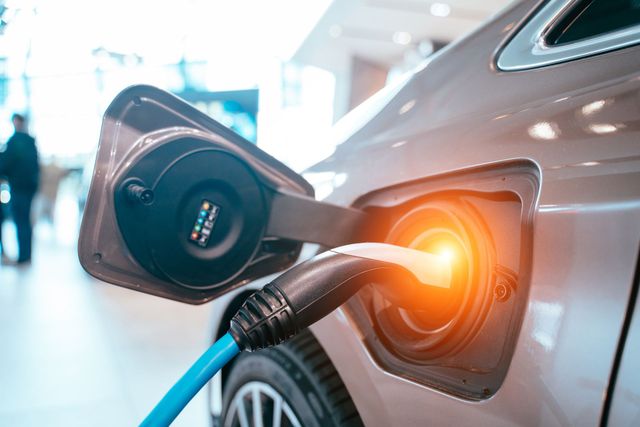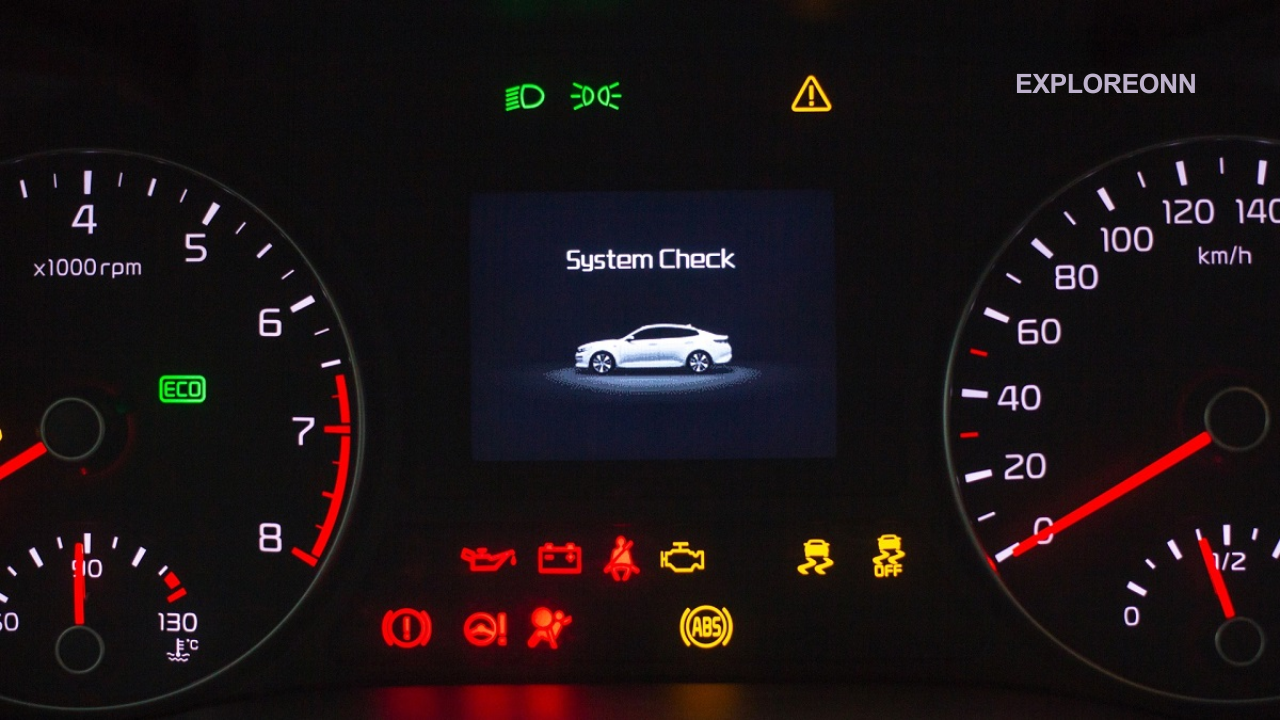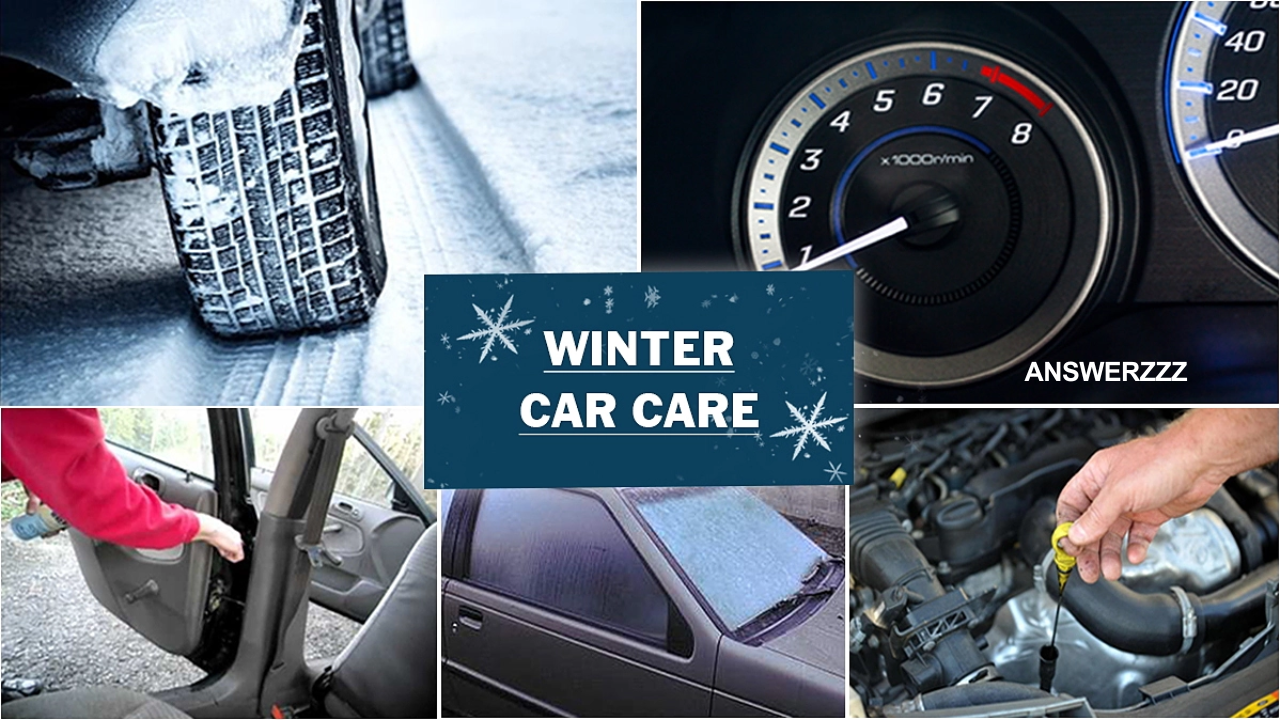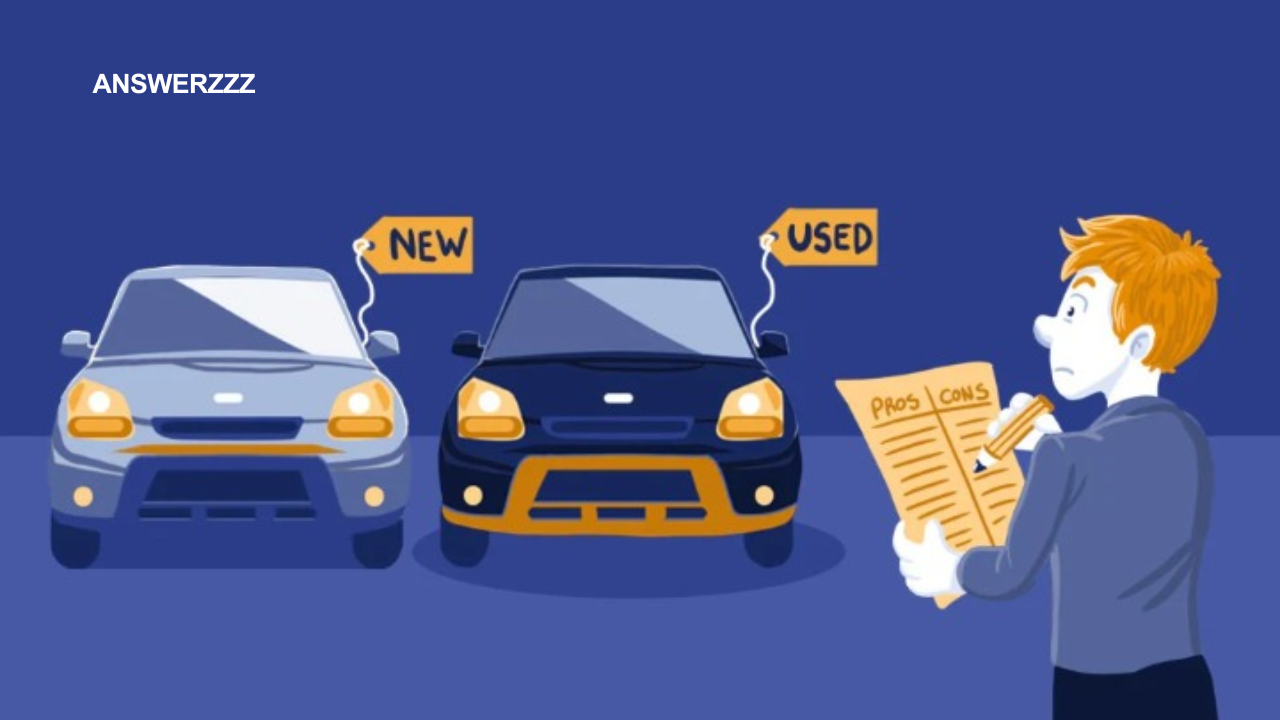Your car is more than just a means of transportation; it’s an investment and a vital part of your daily life. Regular maintenance ensures its longevity and performance, but sometimes, unforeseen issues can arise. Ignoring these issues could lead to costly repairs or even jeopardize your safety. Here are 10 signs your car needs immediate attention to keep you safe and your vehicle running smoothly.
1. Warning Lights on the Dashboard
Modern cars are equipped with advanced diagnostic systems that alert you to potential problems. When a warning light illuminates, such as the check engine light, oil pressure warning, or ABS light, it’s your car’s way of telling you something is wrong. Don’t ignore these warnings; have a professional inspect your vehicle to diagnose and fix the issue.

2. Unusual Noises
Strange noises coming from your car can indicate various problems. Some examples include:
- Squealing or screeching when braking: This may indicate worn brake pads or issues with the brake system.
- Knocking sounds from the engine: This could point to a serious engine problem, like a failing bearing.
- Grinding noises: These often suggest transmission issues or problems with the wheel bearings. Address unusual noises promptly to avoid further damage.
3. Smoke or Steam Coming from the Engine
If you notice smoke or steam rising from under the hood, pull over immediately and turn off your engine. This could be a sign of an overheating engine, a coolant leak, or even an oil leak. Continuing to drive in such conditions can cause severe engine damage.
4. Fluid Leaks
Cars rely on various fluids to function properly, including oil, coolant, brake fluid, and transmission fluid. If you notice puddles or stains under your parked car, inspect the fluid’s color and consistency:
- Clear or slightly yellow: Brake fluid
- Reddish or brown: Transmission fluid
- Green, orange, or pink: Coolant Ignoring leaks can lead to low fluid levels and major mechanical failures.
5. Vibrations While Driving
Unusual vibrations can stem from several causes:
- Unbalanced or misaligned tires
- Warped brake rotors
- Worn suspension components If your car vibrates while driving, especially at higher speeds or during braking, have it inspected immediately to pinpoint the cause.
6. Poor Fuel Efficiency
A sudden drop in fuel efficiency may signal underlying problems, such as:
- A clogged air filter
- Faulty spark plugs
- Malfunctioning oxygen sensors These issues can cause your engine to work harder than necessary, burning more fuel. Regular tune-ups can prevent this from happening.

7. Difficulty Starting the Engine
If your car struggles to start or fails altogether, it’s a clear indication of a problem. Common culprits include:
- A failing battery
- A faulty starter motor
- Problems with the ignition system Addressing these issues promptly can prevent you from being stranded unexpectedly.
8. Burning Smell
A burning smell while driving is a serious warning sign. Depending on the type of smell, it could indicate:
- Burnt oil: Leaking oil onto hot engine parts
- Burning rubber: A slipping belt or overheated tires
- Electrical burning: Issues with the wiring or electrical components If you notice a burning odor, stop driving and have your car checked immediately.
9. Excessive Exhaust Smoke
While some exhaust smoke is normal, excessive smoke or smoke of unusual color could signal trouble:

- Blue smoke: Burning oil, often due to worn engine components
- White smoke: Coolant entering the combustion chamber, indicating a possible head gasket issue
- Black smoke: A rich fuel mixture, suggesting problems with the fuel system These issues can worsen over time, so it’s crucial to address them promptly.
10. Unresponsive Brakes
Your brakes are critical to your safety. If they feel spongy, require more effort to engage, or if the brake pedal sinks to the floor, these could be signs of:
- Low brake fluid
- Air in the brake lines
- Worn-out brake pads or rotors Don’t compromise on brake performance; have them inspected and repaired immediately.
Your car is designed to give you warning signs when something isn’t right. Paying attention to these signs and acting promptly can save you from costly repairs and ensure your safety on the road. Regular maintenance and inspections are key to keeping your vehicle in top shape. If you notice any of these signs, don’t delay—consult a professional mechanic as soon as possible.



